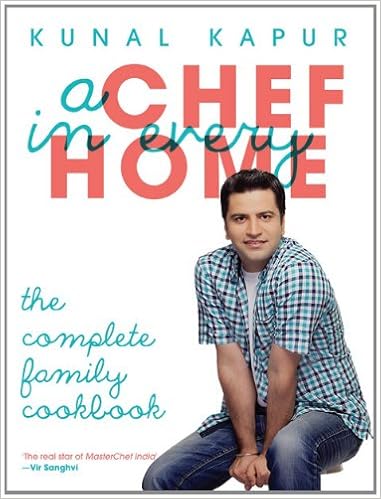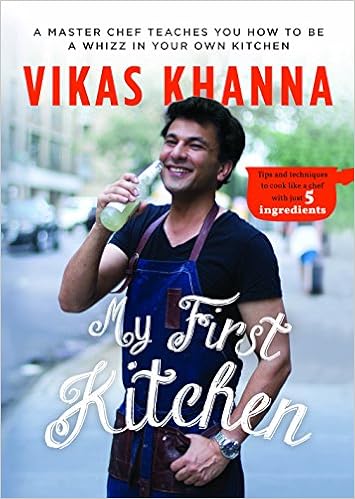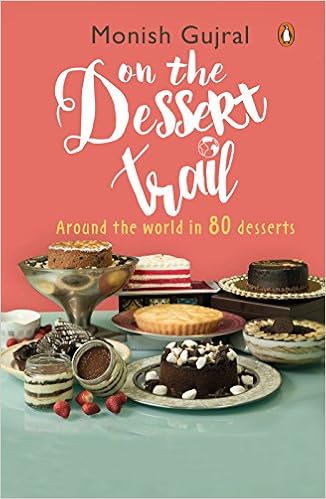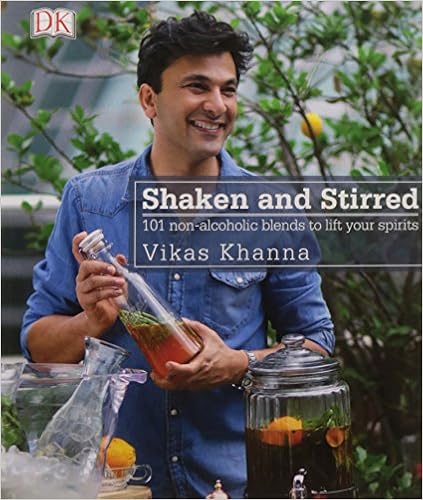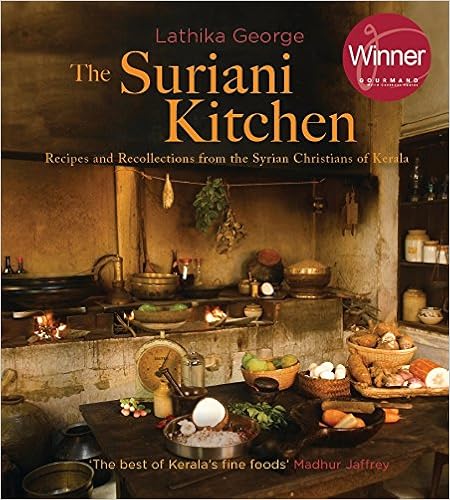Long before the time of Christ, spice merchants and travelers from around the world would visit Kerala. The important seaport of Muziris or Cranganore was populated with Greeks, Syrians, Jews, and Chinese traders who lived in harmony with the people of the region. It was on one of these trading vessels, plying between Alexandria and the Malabar Coast, that Saint Thomas the Apostle is believed to have arrived in Cranganore in AD 52. He began preaching the Gospel to the people of these areas, and eventually established churches in Cranganore, Paravoor, Palur, Kokkamangalam, Niranam, Malayatoor, and Nillackel. Among those early conversions were several Namboodiri Brahmin families, from whom many of the present-day Syrian Christians trace their roots.
As legend has it, the upper caste Brahmins of Palur were converted after a miracle, whereby Mar Thoma (Saint Thomas) suspended water in midair as a testimony of his faith. Most of these early Christians followed the ancient Eastern Nestorian faith and were known as Malabar Christians until the advent of a Syrian merchant—Thomas of Canaan—who arrived in Muziris with four hundred Syrians, including several priests and a bishop. The Syrians were welcomed by the local Malabar Christians as the countrymen of Jesus and Saint Thomas. The two communities eventually intermarried and merged to become Syrian Christians, now recognized as one of the oldest Christian communities in the world.
The present-day Syrian Christians of Kerala are also known as Nazaranis, the followers of Jesus of Nazareth, and though they are now divided broadly into four sects—the Knanaya Christians, Jacobites, Marthomites, and Syrian Catholics—they share many common religious and social practices, and intermarriage is not uncommon. Collectively they retain a distinct identity and remain independent from other Christians in India because of their unique lineage. Life is centered around their liturgy and the observance of days of fasting and abstinence. They follow old Syrian church rites, chanting their singsong Syriac liturgy. The saga of the St. Thomas Christians is narrated in their song and dance forms—Margam Kali (the way of St. Thomas) and the Rabban Pattu (the songs of Rabban).
Syrian Christians are identified by their family names which reflect the profession of a family elder, place of origin, or sometimes nothing but pure whimsy. My own family, a large Syrian Catholic clan from Kanjirapally, is called Pallivathukkal, meaning “at the church gate,” as many centuries earlier my ancestors had settled near a church in Nillackel. My husband’s family name, Thekkekunnel, means “south hill.” Thadikaren, another family name, means “bearded man,” and the poetic Myladi means “peacock dance.” First names are biblical, and customarily the firstborn is named after a paternal grandparent and the secondborn after a maternal grandparent. Thereafter, aunts, uncles, and saints lend their names to the newborns. The second name is taken from the child’s father, but a Joseph George, say, may be anonymous until, when paired with his family name, he can be immediately placed as Joseph, the son of George of the Pottenkulam family. Syrian Christian names are distinctive and a George may also be known as Varkey or Varghese; a Paul can be Peeli or Paulose; and an Abraham can be called Avira or Ittira. Similarly, the female Syrian Christian name Rachel may be Raahel; Elizabeth can be Aley or Elamma; and Bridget, the melodious Uschita.
Most prominent Syrian Christian families are close-knit and connected by an intricate web of marriages. I have vivid memories of my mother and sisters spending hours disentangling family connections, the links being the women who married into each family. With many of these large clans expanding into several hundred members, some families now hold periodic kudumbayogams, family get-togethers which allow members of the family to reconnect.
Christianity in India has long been synonymous with education and the Syrian Christians have made a significant contribution to this field, partly by means of their large number of clergy. Today they have evolved into a distinct, indigenous community of agriculturists, scholars, industrialists, and professionals. A large number have moved to other cities in India as well as to distant lands, and though erudite and cosmopolitan, they are still attached to the traditions and customs of their ancestors.
Described as “Hindu in culture, Christian in religion, and Syro-Oriental in worship,” Syrian Christians enjoy the status of a prosperous and socially prominent community.
Sautéed Squid
Koonthal Varathathu
Squid turns rubbery if overcooked, so once marinated they must be quickly stir-fried and served hot, with a fresh sprinkling of lime juice. Serve with rice and accompaniments or as a snack.
Grind the garlic, chilli powder, turmeric, and pepper- corns to a coarse paste in a mortar and pestle.
Mix the garlic paste with the rice flour, salt, and lemon juice and rub into the squid. Let the squid marinate in the spices for at least 2 hours at room temperature.
Heat the oil in a skillet and add the squid. Stir-fry over high heat for 3 to 5 minutes, removing from the heat when the spices brown.

This is an excerpt from Lathika George’s ‘The Suriani Kitchen’.

